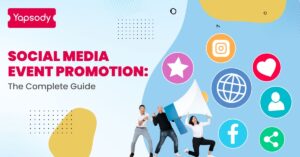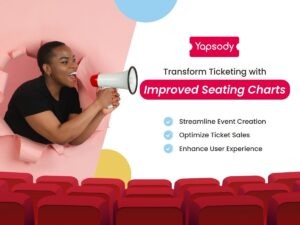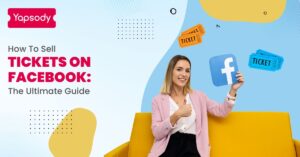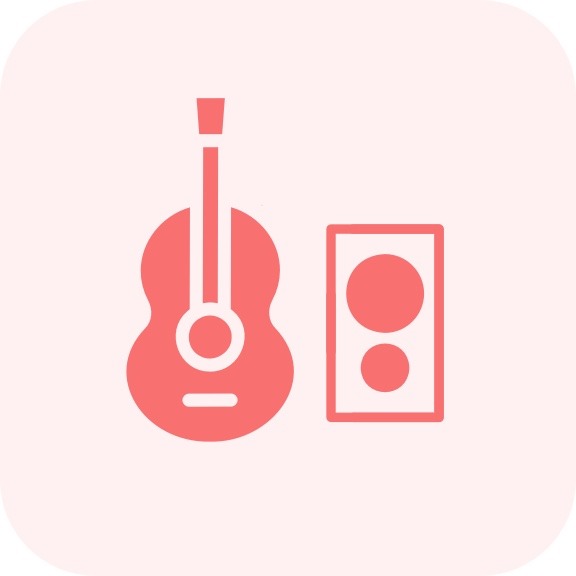In today’s digital age, social media has become an indispensable tool for event promotion. With billions of active users across various platforms, leveraging social media can significantly enhance your event’s visibility, engagement, and attendance. Here is a comprehensive guide on how to effectively promote your event on social media.
Explore the complete guide on social media event promotion
1. Define Your Goals and Audience
Goals
Before diving into social media promotion, it’s crucial to establish clear goals. Are you aiming to increase ticket sales, boost brand awareness, or foster community engagement? Defining your objectives will help shape your promotional strategy.
Audience
Identify your target audience. Understand their demographics, preferences, and the platforms they frequent. This information will guide your content creation and platform selection.
2. Choose the Right Platforms
Different social media platforms cater to various audiences and content types. Here’s a breakdown:
- Facebook: Great for detailed event information, community building, and paid ads.
- Instagram: Ideal for visual content, behind-the-scenes glimpses, and influencer collaborations.
- Twitter: Perfect for real-time updates, event hashtags, and engaging with attendees.
- LinkedIn: Best for professional events, networking opportunities, and industry-related content.
- TikTok: Excellent for reaching younger audiences with creative, short-form videos.
3. Create a Content Calendar
Plan your social media posts in advance with a content calendar. Include key dates such as:
- Announcement of the event
- Speaker or performer highlights
- Early bird ticket deadlines
- Countdown to the event
- Engagement posts (e.g., polls, questions, contests)
- A consistent posting schedule keeps your audience engaged and informed.
4. Craft Engaging Content
Visuals
High-quality visuals are essential. Use eye-catching images, videos, and graphics to capture attention. Consider creating:
- Event teaser videos
- Speaker or performer introductions
- Behind-the-scenes content
- Countdown graphics
- Copy
- Write compelling captions and descriptions. Highlight what makes your event unique and valuable. Use a clear call-to-action (CTA) encouraging users to register, buy tickets, or share the event.
Hashtags
Create a unique event hashtag and use relevant industry hashtags to increase discoverability. Encourage attendees to use the hashtag when posting about your event.
5. Leverage Influencers and Partnerships
Collaborate with influencers and partners who align with your event’s theme and audience. Their endorsement can amplify your reach and credibility. Offer them free tickets or exclusive access in exchange for promoting your event on their platforms.
6. Utilize Paid Advertising
Invest in paid social media ads to target specific audiences and boost your event’s visibility. Platforms like Facebook, Instagram, and LinkedIn offer robust advertising options:
Facebook and Instagram Ads: Use these for detailed targeting based on demographics, interests, and behaviors.
LinkedIn Ads: Ideal for B2B events targeting professionals based on job titles, industries, and skills.
Twitter Ads: Promote tweets or trends to reach a broader audience in real-time.
7. Engage with Your Audience
Respond to comments, messages, and mentions promptly. Engagement fosters a sense of community and builds excitement. Use interactive content such as polls, Q&A sessions, and live videos to keep your audience involved.
8. Monitor and Analyze Performance
Track the performance of your social media efforts using analytics tools provided by each platform. Monitor metrics such as:
- Reach and impressions
- Engagement (likes, comments, shares)
- Click-through rates
- Conversion rates (ticket sales, registrations)
- Analyze this data to understand what’s working and adjust your strategy accordingly.
9. Post-Event Follow-Up
After the event, continue engaging with your audience. Share highlights, thank attendees, and gather feedback through surveys. This follow-up keeps your community engaged and sets the stage for future events.
Conclusion
Social media is a powerful tool for promoting events and reaching a vast audience. By defining your goals, choosing the right platforms, creating engaging content, leveraging influencers, utilizing paid ads, engaging with your audience, and monitoring performance, you can maximize the impact of your social media event promotion efforts.
For more insights and tools to streamline your event planning and promotion, sign up with Yapsody.
Frequently asked questions
1. How do I determine which social media platforms are best for promoting my event?
The best social media platforms for promoting your event depend on your target audience and the type of event. For instance, Facebook and Instagram are great for a wide range of events, LinkedIn is ideal for professional events, Twitter is perfect for real-time updates and engaging conversations, and TikTok is excellent for reaching younger audiences with creative content.
2. What types of content should I create to promote my event on social media?
Create a mix of high-quality visuals and engaging copy. Use event teaser videos, speaker or performer introductions, behind-the-scenes content, and countdown graphics. Additionally, write compelling captions with clear calls-to-action and utilize unique and relevant hashtags to increase discoverability.
3. How can I leverage influencers and partnerships for my event promotion?
Collaborate with influencers and partners who have a following that aligns with your event’s theme and audience. Offer them free tickets, exclusive access, or other incentives in exchange for promoting your event on their platforms. Their endorsement can significantly amplify your reach and credibility.
4. What should I include in my social media content calendar for event promotion?
Your content calendar should include key dates and milestones such as the event announcement, highlights of speakers or performers, early bird ticket deadlines, countdowns to the event, and engagement posts like polls, questions, and contests. This ensures a consistent posting schedule and keeps your audience engaged.
5. How can I measure the success of my social media event promotion efforts?
Use the analytics tools provided by each social media platform to track performance metrics such as reach, impressions, engagement (likes, comments, shares), click-through rates, and conversion rates (ticket sales, registrations). Analyzing this data helps you understand what’s working and allows you to adjust your strategy for better results.







